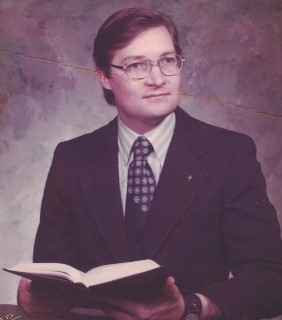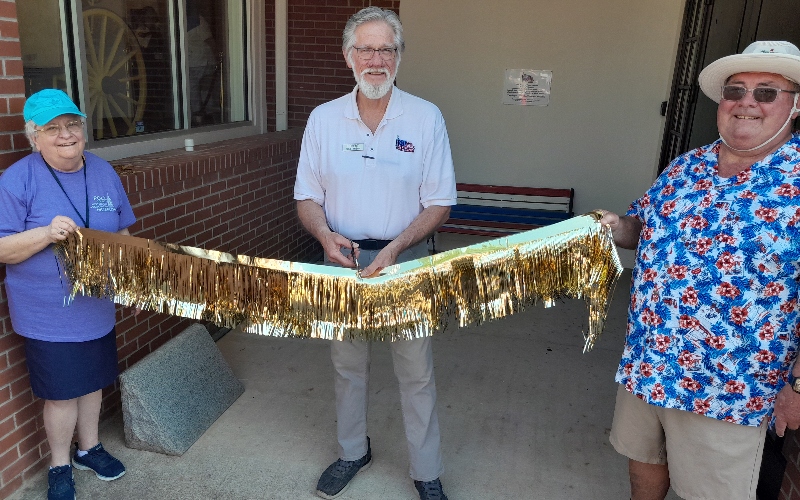William A. Mooney…physician, patriot and community activist
Published 2:55 pm Wednesday, October 27, 2010
William A. Mooney was known as a go-getter from the day he was born on January 10, 1818, until his death at 95 years of age in 1913.
A precocious childhood gave way to young adulthood as he completed his physicians and surgeons training and earned his M.D. from the South Carolina Medical College in 1842.
Two years later, he was appointed surgeon to the 1st Regiment of the 1st Brigade of the South Carolina Militia.
By 1846, he had wooed and won the hand and heart of Sarah Louise Camp of Tryon. He had bought a farm to supplement his physicians earnings. The farm, home and adjacent office were located on the Rutherford Road just northwest of Cross Roads Baptist Church. His farm holdings would grow to encompass some 500 acres in future years.
The small, local area had a post office called Gowensville, which had been established in 1823 with Alfred Whitten as postmaster. Dr. Mooney became postmaster in 1847 and served for two years.
During the late 1840s and early 1850s, large Fourth of July celebrations were held in the area. Dr. Mooney was a favorite speaker and toastmaster for the patriotic occasions.
When sheep raising was gaining a foothold in this Upcountry area in the late 1850s, Dr. Mooney was very active in getting petition signers to request that the state legislature pass a law against free-roaming dogs, which had been killing the sheep.
Though a community activist who was not afraid to lead the fight in any worthwhile endeavor, he was a God-fearing man and served as a deacon for Cross Roads Baptist Church before it changed its name to Gowensville Baptist in 1873.
Politically motivated, he served on several occasions as a committeeman for the Glassy Mountain&bsp; Township Democratic Club.
He was a personal friend to many men in state politics, especially Benjamin F. Perry, who became Governor. Perry was a guest in the Mooney home on a number of occasions, staying overnight when he was traveling in the area.
Dr. Mooney served a short stint in the South Carolina House of Representatives.
An active Mason, he served as treasurer of the Gowensville Lodge Ancient Free Masons No. 107.
As a successful farmer, he was instrumental in reporting yearly crop estimates in this area of the state for the agricultural industry.
As a local physician for almost 75 years, he was directly involved in a number of Dark Corner incidents of violence.
In 1890, following the shooting of Big Bill Howard by George R. Center, Dr. Mooney stayed with Big Bill from just after the shooting on Sunday afternoon until mid-morning on Monday. Realizing that Big Bill was near death, he sent for Trial Justice Mitchell to come and take the ante-mortem statement of Big Bill.
When Mitchell failed to arrive, Dr. Mooney had everyone leave the room. Then he asked Reuben Suddeth to come in as a witness. He then told Big Bill that he wanted him to make a true statement about the trouble between him and George Center.
Big Bill stated he knew he was going to die. George had accused me of trying to get Little Bill Howard to kill him, Big Bill said. I told him it was a damned lie, but that I had a mind to do it myself right now. I put my hand in my pocket for my knife and started&bsp; to slide down from my mule. Before I hit the ground, George shot me.
Dr. Mooney asked Big Bill if he and George had had previous troubles with each other. Big Bill said, No. (Later, at trial, witness William Moon corroborated Big Bills statement of what happened, and George R. Center was found not guilty by reason of self defense.)
In 1893, Dr. Mooney was involved in inquests for two other violent incidents in the Dark Corner.
He participated as a physician and witness in the investigation of the Hensley Family Burning, and testified in the trial of Isaac Ballew for the murder of Thomas Lindsey.
His son, J. Alender Mooney, became an attorney and served as Trial Justice in the Gowensville portion of Glassy Mountain Township for a number of years.





